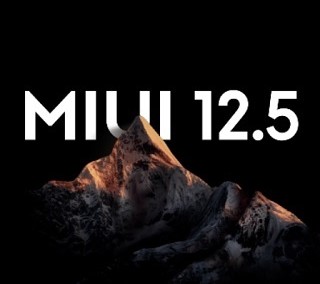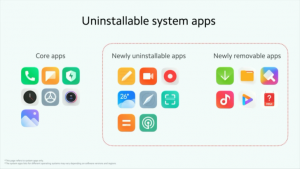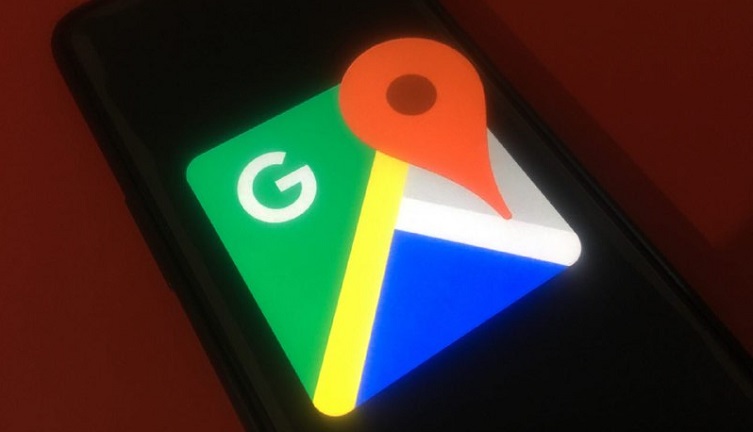New updates are being added to the bottom of the story…
Original story (from Feb 14, 2021) follows:
The term bloatware isn’t new. Long-term Windows OS users will know this from the days when PCs would come pre-loaded with a plethora of third-party apps and utilities depending on the OEM.
Similarly, Android bloatware means those pre-installed apps and services that you never asked for and maybe even aren’t interested in using them but they still appear on your phone.
For those in the dark, this practice is often used by smartphone makers to push their own apps and services instead of Google’s stock Android offers, but more often than not end up on top of Google apps.

Of course, the number of such apps varies across OEMs. While the likes of Samsung, Huawei, Oppo, Vivo, and other OEMs fill their phones with many useless apps, others like Nokia, OnePlus, Sony and Motorola don’t.
Heck, even LG, which is having a terrible run, is also among the few OEMs whose phones ship with a smaller number of pre-installed apps. As you may have guessed, there is some incentive for installing these apps.
OEMs get paid by bloatware developers to pre-install apps/services on phones resulting in some form of cost-saving. This cost-saving is then reflected in the price of the phone, making it affordable for consumers.
This explains the affordable price tags you see on most Chinese phones that come preloaded with bloatware and while some vendors allow uninstalling of some of the apps, others don’t.

Xiaomi MIUI 12.5 lets you uninstall system apps
Beginning with the update to MIUI 12.5, Xiaomi users will now be able to uninstall system apps that have in the past been impossible to completely remove from Mi and Redmi phones.
This is a one-of-a-kind move in the Android market and it shows the dedication the company has towards giving users freedom of choice.
Going forward, Xiaomi users on MIUI 12.5 and above can uninstall system apps like Notes, Screen recorder, Recorder, Weather, Compass, Scanner, Calculator, and FM Radio.
Xiaomi will also allow users to remove Downloads, File Manager, Themes, Music, and Video apps. On the contrary, similar apps on other vendors can only be disabled.

Why debloat your Android phone?
What I think of as bloatware may not be the same as what you think of as bloatware. Granted, it’s hard for OEMs to pick which apps can be uninstalled or not.
This is where system apps come into play. While some of the pre-installed apps can be removed on phones, most system apps cannot simply because they are core to the functionality of the phone.
But what about those system apps that also happen to be useless to me as a device owner? For instance, why should I have two Dialer apps, two SMS apps, two Email apps, two web browsers, two clock apps, and so on?

With such double instances of apps, most devices end up with unnecessary clutter in the app drawer and even wasted internal storage space on devices with 16/32GB ROM.
Most of these unnecessary apps may also end up consuming battery and data in the background, thus affecting the general performance of your phone. Some apps may even pose a threat to your security and privacy.
Samsung, Oppo, Vivo & other OEMs should take note
The fact that Xiaomi now lets users uninstall system apps without turning to ADB or rooting is a good thing for Android in general. Rather than have two instances of apps, you can easily remove the one you dislike.
I hope that Samsung is taking note of this. With the update to One UI 2.5, the company pre-installed AR Zone and Deco Pic apps that cannot be uninstalled.

For those with nothing to do with such apps, how about let us completely uninstall them, Samsung? Yeah, this also goes to you too Oppo. And Vivo, Asus, Honor, Huawei, Poco, Infinix and Tecno, among others.
No one is stopping you from pre-installing all kinds of apps (bloatware) on phones out of the box. Of course, there will always be those who use such apps, but please let us uninstall the ones we don’t use and everybody wins.
What are your thoughts? Should Samsung and other Android OEMs follow in the footsteps of Xiaomi and allow users to uninstall system apps? Let us know in your comments below.
We also have a Twitter poll that you can participate by casting a vote. This article will be updated after a week with the poll results.
Update 1 (Feb 21)
The poll results are out. An overwhelming majority (over 97%) did agree that all other Android OEMs should follow Xiaomi to allow uninstallation of system apps. Only 2.6% disagreed.
In case you missed the poll, you can share your observation in the comments section below.
PiunikaWeb started as purely an investigative tech journalism website with main focus on ‘breaking’ or ‘exclusive’ news. In no time, our stories got picked up by the likes of Forbes, Foxnews, Gizmodo, TechCrunch, Engadget, The Verge, Macrumors, and many others. Want to know more about us? Head here.

![[Poll results out] Samsung & other Android OEMs should follow Xiaomi to allow uninstallation of system apps [Poll results out] Samsung & other Android OEMs should follow Xiaomi to allow uninstallation of system apps](https://stage.onepluscorner.com/wp-content/uploads/2021/02/Android-MIUI-12.5-uninstall-system-apps.jpg)
